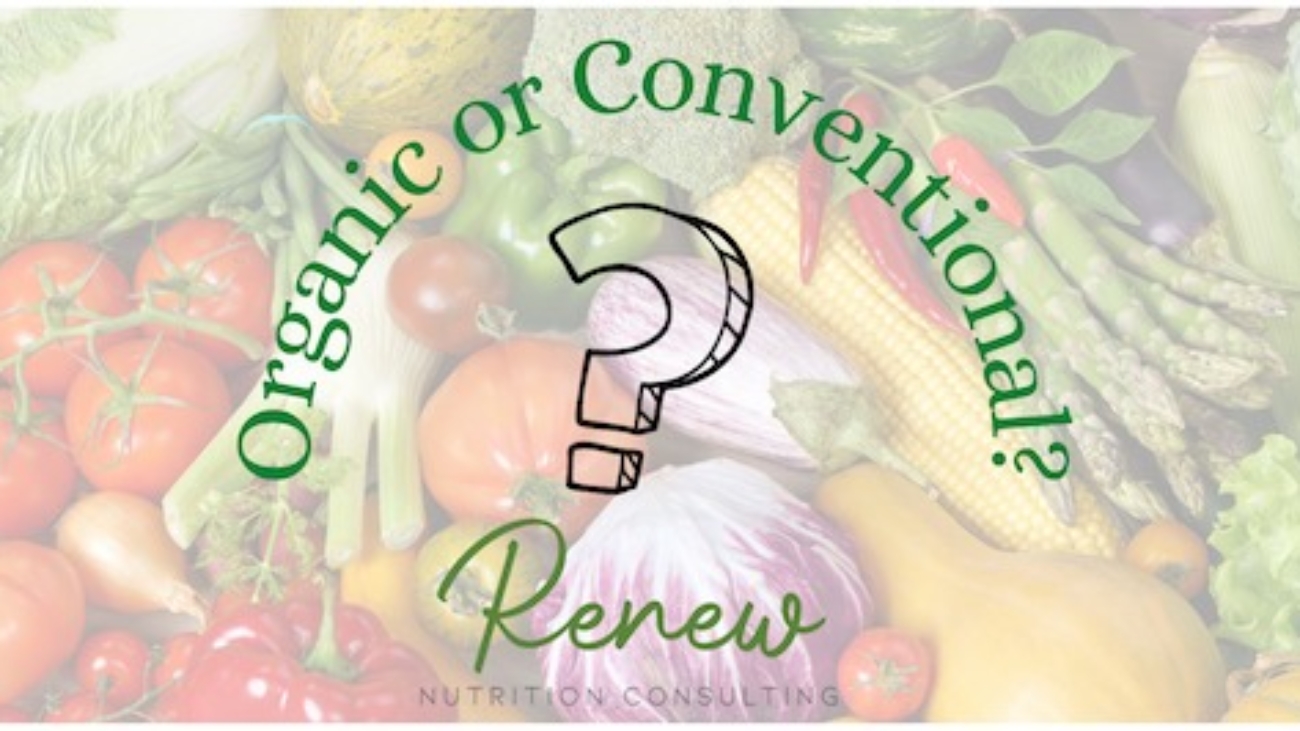To choose organic or not is such a big question. For many years I would say it’s better to just have any fruit or vegetable if you cannot afford organic however my thoughts have most definitely shifted after combing through data and studies. The Dirty Dozen list created by The Environmental Working Group (EWG) provides the top 12 crops that have the highest pesticide residue after carefully analyzing data by the Department of Agriculture. This list is updated annually and in just this year collard and mustard greens were added as well as bell and hot peppers. In reading the review of this years findings the EWG is looking at citrus fruits for high amounts of fungicides such as Imazalil. About 6000 pounds of the fungicide Imazalil is used annually and is used for “post harvest use on bananas, citrus, and preplanting seed treatments of barley and wheat” 1 . This product is classified as “likely to be carcinogenic in humans” and also a hormone disrupter. However it’s also noted that there is reasonable certainty that there is no harm from aggregate exposure to Imazalil. Aggregate exposure means that when exposed to this single pesticide. This same conclusion was also drawn on another pesticide known as DCPA/Dacthal which was actually banned by the European Union in 2009 2. Unfortunately we know that in most cases there is more than one chemical used so what is the risk when combined with other pesticides? And if it has carcinogenic concerns how is there no harm? It is these questions that as consumers we need to ask.
The dirty dozen are fruits and vegetables I would not eat unless organic. Other conventionally grown crops not on this list I would say to make your own judgement based on financial ability and access to organic produce. I personally prefer organic when available however this is not an option for everyone and myself at all times and that is ok. I always will encourage the best for my clients and will work with them wherever they are at however these 12 crops should be purchased organically as I believe the risks outweigh the benefits especially on young, developing brains. In practical terms though I would say if you have a non-organic apple here and there or one tomato at a restaurant that is not organic don’t stress it! But if you are eating an apple a day or a kale salad every day definitely make it organic, make sense?
In regards to washing produce to remove pesticides this is not always effective. Many pesticides are in the actual flesh of the produce and unable to simply wash off; you will notice that the dirty dozen crops are crops that you can’t really peel. I do encourage washing all produce to remove dirt, grime and maybe a small percentage of pesticide (if conventionally grown). I like to fill up my kitchen sink with cool water, add a few drops of doTERRA Lemon or OnGuard essential oil 3 swirl around and add my produce to soak. I then use a vegetable brush 4 to lightly scrub the item. Drain the sink, give a final rinse and then allow to air dry.
I have created a printable postcard of this list for you to print or save to your phone. Take this with you whenever you visit your next market. Keep in mind that Farmers Markets are a great place to get your fresh produce but always ask your farmer what type of pesticides they are using on their produce. Some farmers are not certified organic but still follow organic growing practices. I hope this helps!


